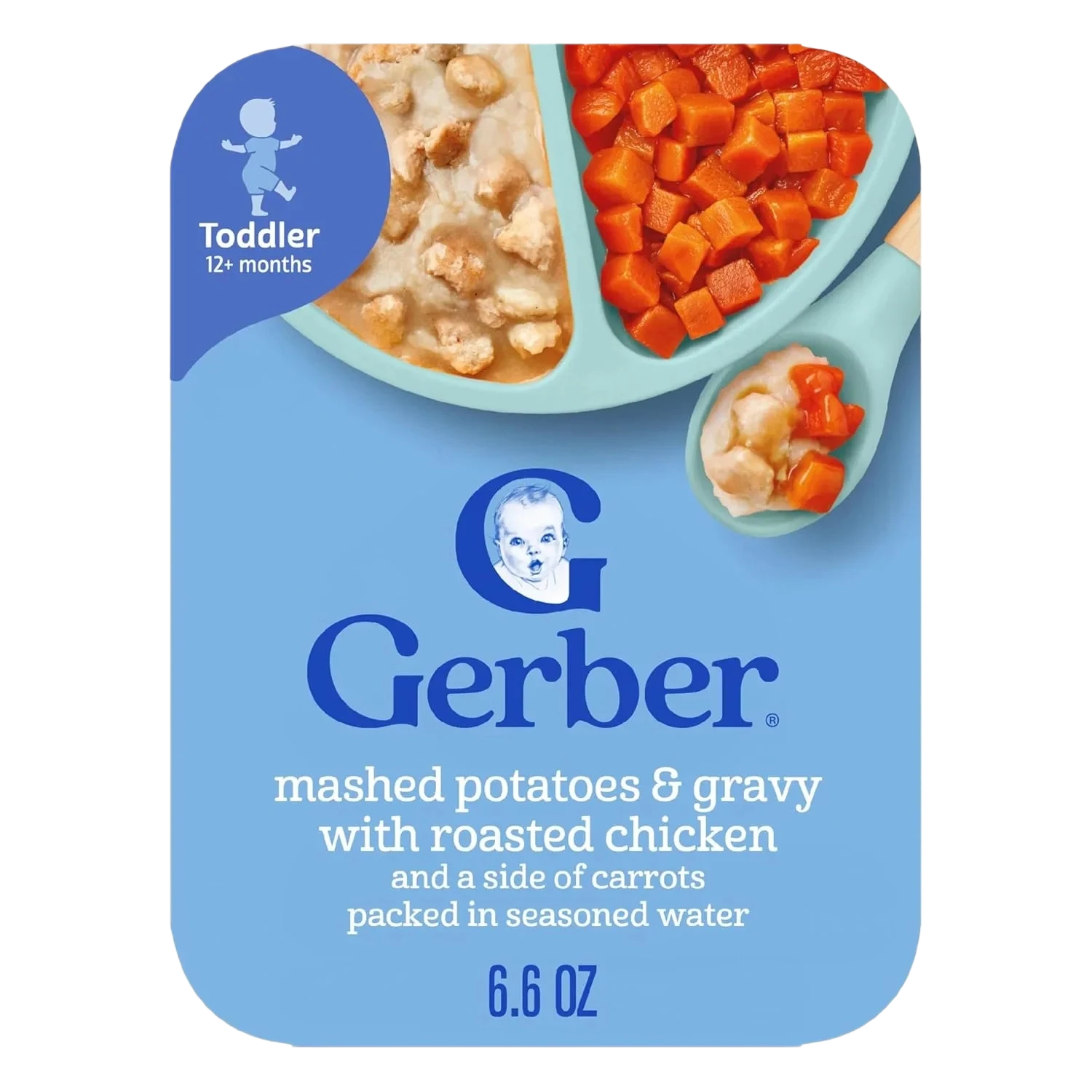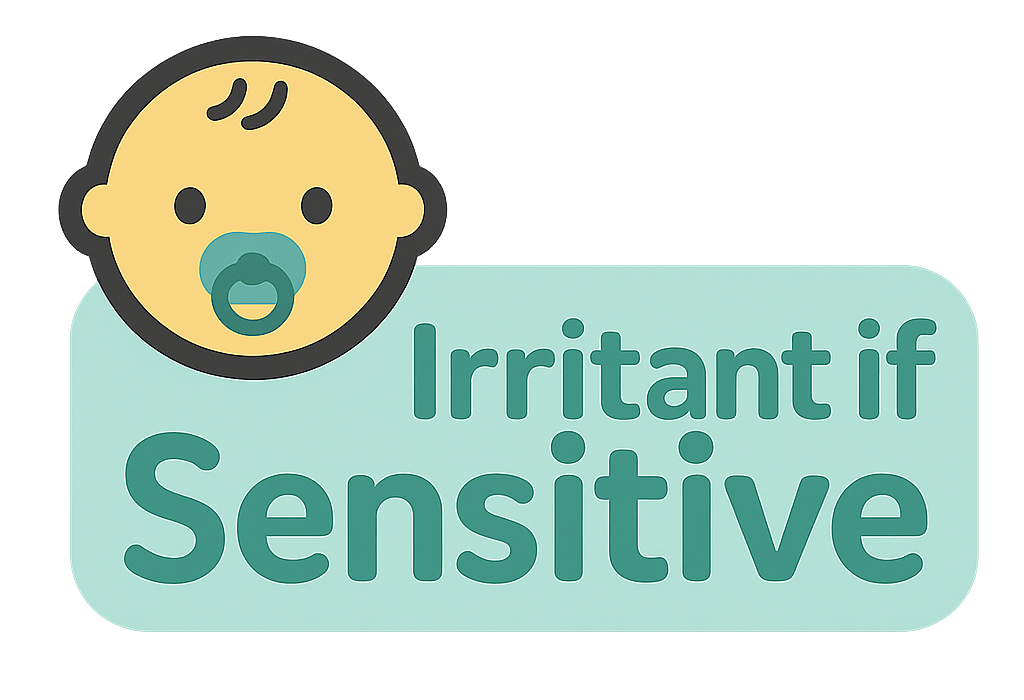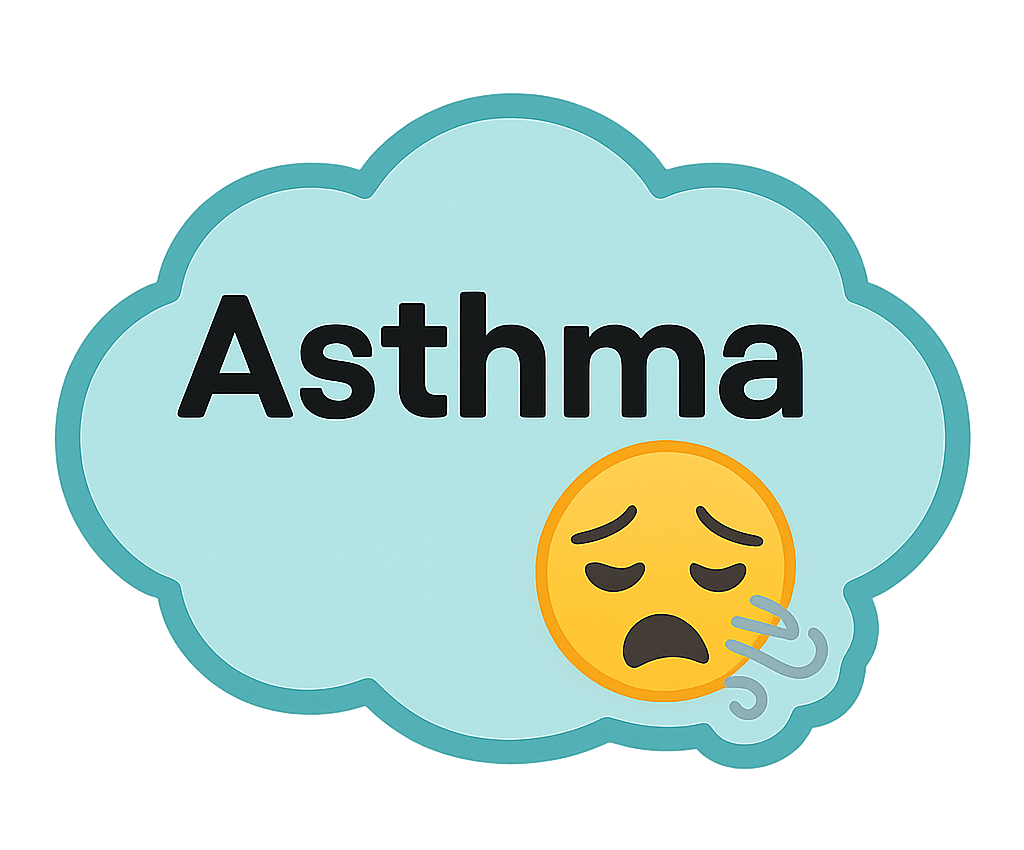Gerber mashed potatoes & gravy with roasted chicken and a side of carrots
baby food • For 6-12 month old babies • Consumable 🍝
Product Images
Product Photo

Tap to enlarge
Ingredient List

Tap to enlarge
Can older babies eat Gerber mashed potatoes & gravy with roasted chicken and a side of carrots?
Check for Different Age (6 available)
Ingredients Analysis (21 found)


















Common Questions About Gerber mashed potatoes & gravy with roasted chicken and a side of carrots
Safe for older babies? Gerber mashed potatoes & gravy with roasted chicken and a side of carrots
Gerber mashed potatoes & gravy with roasted chicken and a side of carrots is not recommended for 6-12 month old babies due to potentially harmful ingredients.
What ingredients should I watch out for?
We analyzed 21 ingredients in Gerber mashed potatoes & gravy with roasted chicken and a side of carrots. 1 concerning, 6 caution. Check the detailed analysis above for specific concerns.
Is this appropriate for older babies to eating baby food?
The appropriate age depends on the specific ingredients. This analysis is for 6-12 month old babies. Use the age selector above to check other ages.
⚠️ Important Disclaimers
Product Recognition: Product names are identified programatically and may be incorrect. Always verify product identity yourself.
Safety Analysis: Evaluations are for research only - consult pediatricians for medical decisions. Do not rely solely on this analysis.
No Guarantees: Results may be incomplete or inaccurate. Do not rely solely on this analysis.